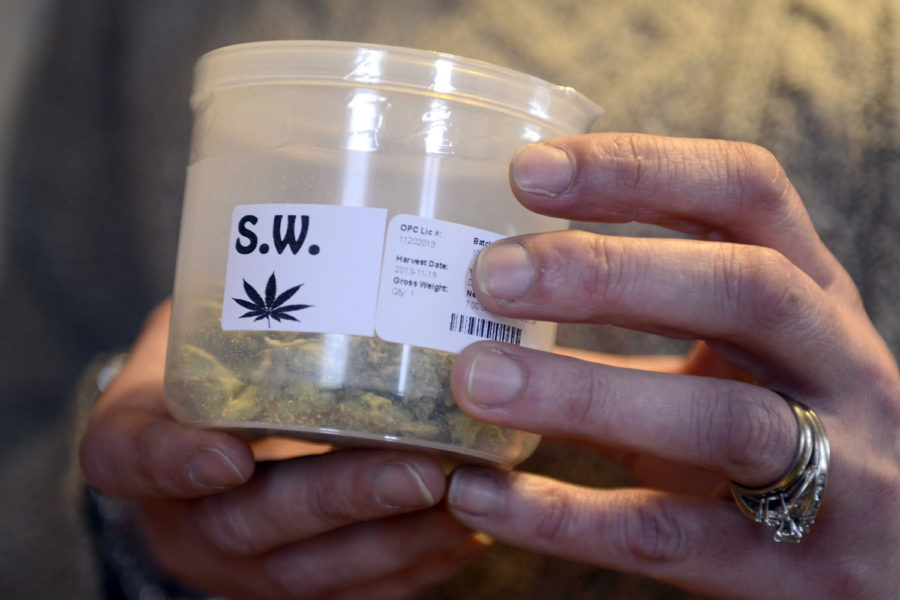A new era in Pennsylvania drug policy started last week with the opening of the Commonwealth’s new Medical Marijuana Program. But for many Pennsylvanians, that new era is now on hold — perhaps indefinitely.
When the Pennsylvania Department of Health opened applications last Thursday for medical marijuana patients and caregivers, a rush of more than 1,000 individuals submitted requests to take part in the program. The large volume of applications resulted in a slew of delays and errors with registrations, according to a report from the Pittsburgh Tribune-Review.
Lags in paperwork processing are typical of any government program. But in regards to the state’s medical marijuana program opening, the system’s inability to keep up with demand is more than just the usual bureaucratic setback. Pennsylvania’s law on medical cannabis is far too narrow for its purposes and continues to be more concerned with prohibition than medication.
Comparable medical cannabis programs in other states with new legalization laws have had much less difficulty accommodating demand than Pennsylvania has had. In Maryland, a total of 520 medical cannabis providers statewide registered as of last Friday. Maryland’s state government has seen traffic much lower than the system’s capacity, allowing most doctors and patients who want to register to do so.
In Florida, another state where the governor signed a medical marijuana bill into law this year, registration numbers are significantly higher — despite the law having been on the books only a few months longer. The Sunshine State counted nearly 20,000 registered patients as of June, six months after its cannabis law came into effect. If Pennsylvania were to register patients at the same speed as Florida, the number of patients receiving cards would be about 2,000 per month — a goal the current bureaucracy seems unlikely to reach.
Even with a population little more than half the size of Florida’s, Pennsylvania should have expected significantly higher levels of applications for registration. But the state’s administration officials are constrained by a law passed by the Commonwealth legislature last year that puts an absurd number of restrictions on the drug’s medical use.
Under the state’s legislation, Pennsylvania residents with one of 17 specified illnesses — including epilepsy and multiple sclerosis — and cards indicating valid registrations are allowed access to cannabis in certain uncommon forms of the drug. These include cannabis pills, oils, tinctures and ointments — and specifically excludes marijuana in its most common, dry-leaf form.
In other words, Pennsylvania law already restricts most residents’ access to medical cannabis treatment by legalizing only its most expensive variations. Add to this the six-month minimum waiting period for registration, with the state’s bureaucracy overwhelmed with applications, and the result is little real access to an important medical treatment.
If legislators in the state capital want to improve the lives of Pennsylvania residents in need of cannabis treatment, they need to either widen applicability of the medical marijuana law or improve the Health Department’s ability to process demand.



